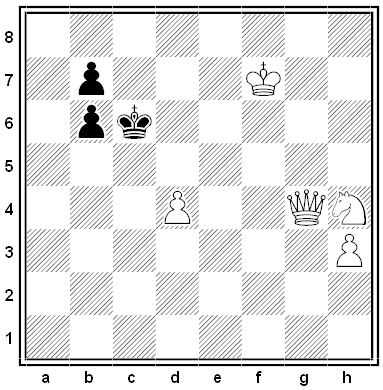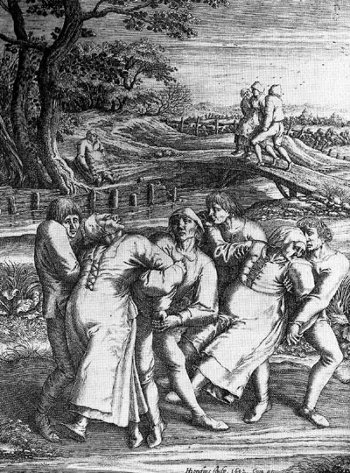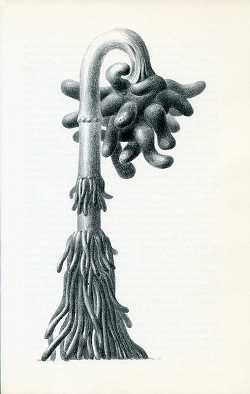In 1994, computer scientists Graeme Ritchie and Kim Binsted designed a computer program to generate original riddles:
- What do you call a ferocious nude? A grizzly bare.
- What do you get when you cross breakfast food with a murderer? A cereal killer.
- What’s the difference between leaves and a car? One you brush and rake, the other you rush and brake.
- What’s the difference between a pretty glove and a silent cat? One is a cute mitten and the other is a mute kitten.
They called it JAPE, for Joke Analysis and Production Engine. In 1997 they convened a group of 8- to 11-year-old children to act as judges and presented them with a random selection of JAPE-produced riddles, human-produced riddles, nonsense nonjokes, and sensible nonjokes. Then they asked them to decide whether each text was a joke and, if so, how funny it was and whether they had heard it before.
“The results showed that the JAPE-produced riddles were identified as jokes just as reliably as the human-produced ones, and both were easily distinguished from the non-jokes,” writes Rod Martin in The Psychology of Humor (2007). “Although the JAPE-produced jokes were rated as less funny, on average, than the human-produced jokes, a number of the JAPE riddles were rated as being just as funny as those produced by humans.”
(Binsted, K., Pain, H., & Ritchie, G., “Children’s Evaluation of Computer-Generated Punning Riddles,” Pragmatics and Cognition, 5(2) [1997], 309-358.)




